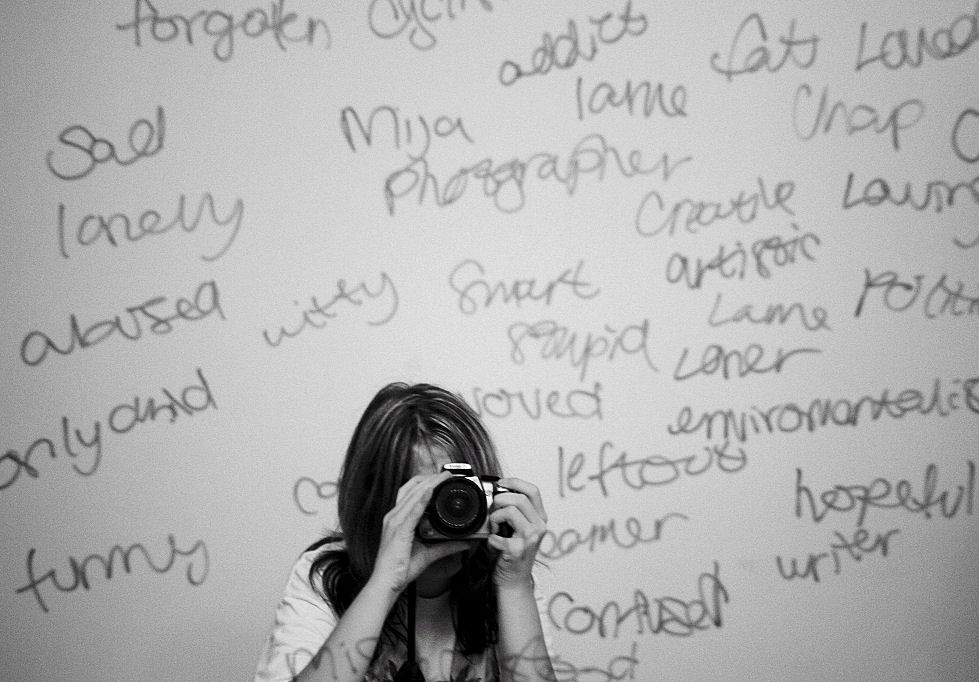I’ve been considering whether National Sorry Day would be more or less controversial if we spoke Spanish.
There are a couple of ways to say “sorry” in Spanish:
Disculpa/Perdóname
Literally “Excuse (me)” and “Pardon/Forgive me”.
This form conveys an element of fault on the part of the speaker.
A sincere apology and plea for forgiveness would use these verb forms. At the same time, perdón and disculpa are sometimes also used much the same way we use “Excuse me” when we’re trying to push through a crowd or get someone’s attention.
Lo siento
Literally “I feel it”.
This is sympathising with the other person, though it’s not your fault.
“I’m sorry you’re not feeling well.”
“I’m sorry your football team lost.”
I’ve noticed English speakers often get these mixed up, overusing one or the other. Australians, in particular, tend to say disculpa all the time and forget lo siento exists.
It’s funny because even in English we overuse the word sorry:
“Sorry” there’s beer and wine but no spirits at this party.
“Sorry” I don’t have an extra room and bed in my house in which to put you up for the night.
“Sorry” about the mess in my car even though I’m doing you a favour by giving you a lift and it in no way obstructs your ability to sit down.
See how we’re constantly sorry about things that we really don’t need to be sorry about?
And yet for some reason we can’t agree to be sorry about the stolen generations, the indigenous people forcibly removed from their families.
I wasn’t alive when all that happened. No-one in my family was in Australia at the time. I could say it’s got nothing to do with me.
But I am Australian. I am Australian despite having been born overseas, despite not being white (or Aboriginal, for that matter). And I have enjoyed all the benefits of being Australian.
And so it seems appropriate for me to say it, too:
Lo siento. Lo siento muchísimo.

(Oh, about the title of this post – it is indeed a double Bieber reference. Yeah I did. Sorry not sorry!)



1 comment